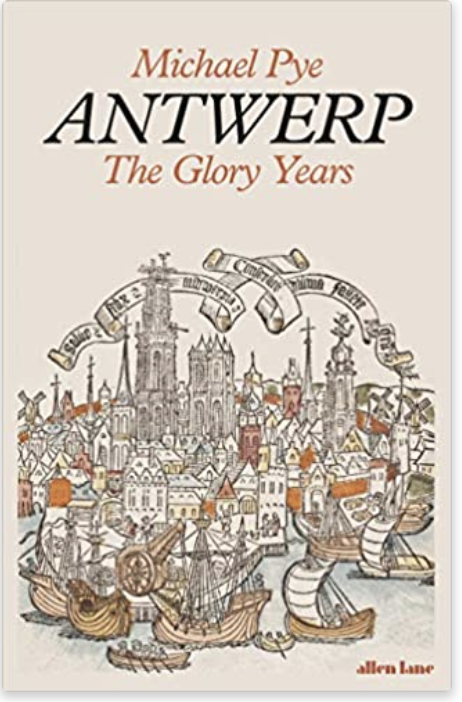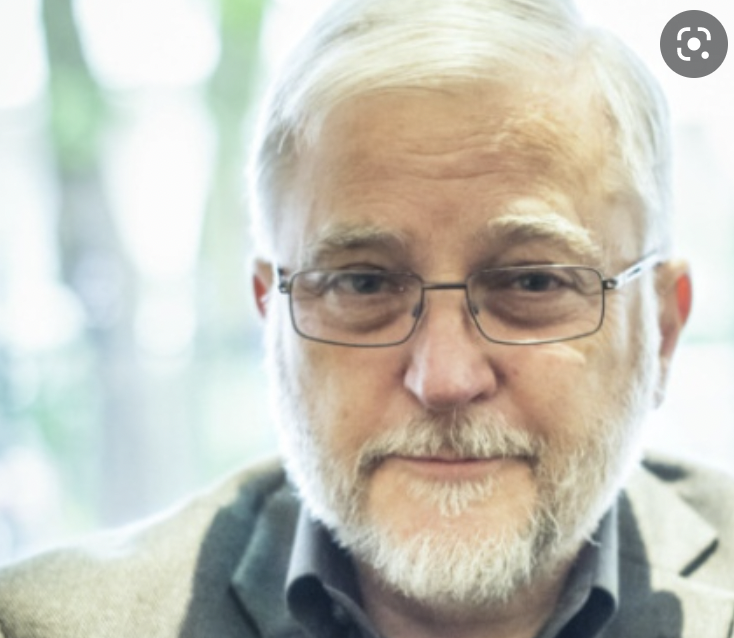
Antwerp’s golden heydays of fortune and wheels of trade


In 1940, dealers agents thronged the then Netherlands port would enclose price lists for goods or loans on the City’s Exchange, the Beurs, along with correspondence to their clients.
Pyke captures the intrigue, opportunity, chaos, scandal and nonconformist spirit of the sixteenth century Antwerp with exquisite narrative zeal.
A clerk for van den Molen House, such data could be found in stamps – in print- and sold as separate news sheets or “currents” . According to Mike Pyke there may be been sheets like this in Venice, but Antwerp had the first that anyone mentioned. In the teeming port on the Scheldt, anyone could pay a few coins to keep abreast of the Financial Times,
Antwerp was sensational like nineteenth-century Paris or twentieth-century New York, in its golden age, charting its fleeting freedoms, financial freewheeling was known as Europe’s de facto capital of trade, communications and ideas did not linger long. Antwerp where anything could happen or at least be believed : killer bankers, easy kisses, a market in secrets and every kind of heresv. It was also the place for breaking rules – religious- sexual, intellectual. In Antwerp one man cornered all the money in the city and reinvented ideas of what money meant. Another gave Antwerp a new shape purely out of his own ambition. Jews fleeing the Portuguese inquisition needed Antwerp for their escape, thanks to the remarkable woman at the head of the grandest banking family in Europe. Thomas More opened Utopia there, Erasmus puzzled over money and exchanges, William Tyndale sheltered there and smuggled out the Bible in English until he was killed. Pieter Bruegel painted the town as The Tower of Babel.
Antwerp rebelled with the Dutch against the Spanish and lost, all that glory was buried and its true history rewritten. Mutinous troops buried the city records. Michael Pye sets out to rediscover the city that was lost and bring its wider days to life using every kind of clue: novels, paintings, songs, schoolbooks, letters and the archives of Venice, London and the Medici. He builds a picture of a city haunted by fire, plague and violence, but learning how to be a power in its own right in the world after feudalism.
By 1585, Antwerp’s eventual fall in fortunes. The Spanish Habsburgs took back control even as the northern Netherlands broke free of their empire. By this point upstart Amsterdam was “feeding of the corpse of Antwerp”, seekers after openness and innovation shifted a hundred miles north to the fledging Dutch Republic. Pyke tells a sparkling string of stories, wary of anarchronism, and writes a recipe for a cosmopolitan hub’s success as well as connected turntable for cash, commodities and culture, and suggests that honeypots have a reason to fear for “the sheer fragility of their wealth”.
Europe’s expansion made it all possible. English wool had woven much of its fabric of Antwerp’s prosperity, as Buruges came to serve as a “Department store for the wool traders”.
Christopher Columbus and Vasco da Gama crossed the oceans, “what made Antwerp rich was the change in trade routes, ships going by ocean to Asia and America.”
By 1502, Portuguese spice ships carried pepper, aromatics and even diamonds across the Indian Ocean, and round the Cape of Good Hope.
Goods from Antwerp fuelled the Atlantic slave trade: ”the price of human being was brass and copper bangles on the Benin River.”
Precious metal from the Habsburgs’ new American domains helped to spin the wheel of trade. The Imperial overlords exacted a 1 per cent export tax on Netherlandish goods. By 1540s Antwerp paid 75 per cent of this revenue.
Commodity brokers, dealers in credit and debt, pioneer printers and thinkers thronged filthy streets loud with music. Assets such as spices became “low weight and high value” gave way to assets with no measurable weight at all.
Dens Gracia, head of the mighty but persecuted banking house of Mendes, helps forcibly converted Jews such as herself to flee the inquisition in Portugal, as they make way to Antwerp to safety and freedom of worship, in Italian cities or Istanbul.
Simone Turchi, Tuscan financier-turned killer, ends up burnt to death in the same trick chair he used to trap his victim.
Visionary entrepreneur Gilbert van Schoonbeke corners the market in land, fills every gap with cash-cow properties, invents the “vertical firm”. The city kept emperors Charles V, then Philip II at suspicious arm’s length but wilted when their stewardship stiffened into close-up domination. Porosity and ambiguity – unfinished walls, divided councils , hazy rules, incubated inventions amid a particular mix of curiosity, business and dodgy freedoms.
Pyke rescues Antwerp’s lost “world of liberty”.
Antwerp: The Glory Years by Michael Pye, Allen Lane £25, 288 pages/ Pegasus Book @28.95.
